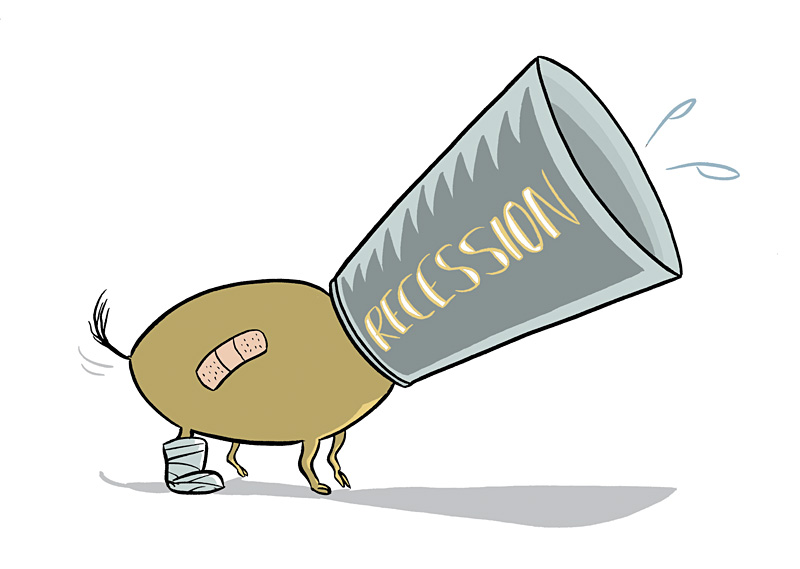A few months ago, the Seattle Animal Shelter got a call from police regarding four dogs that had been found at a South Seattle home. The dogs’ owners, who had been squatting, left in a hurry after being tipped off that police were on the way. The dogs left behind looked like they’d been neglected: They were malnourished and “just really dirty,” says shelter spokesperson Kara Main-Hester. But one dog, a brown pit bull whom the shelter subsequently named Bambina, was in particularly poor health. She’s soon to undergo $2,000 worth of surgery for torn Achilles tendons and weak knees in both legs.
Bambina is not an extraordinary case. Main-Hester says the city-run shelter is seeing more animals than ever with serious medical problems. People simply can’t afford the veterinary bills these days, she suspects. That’s consistent with national surveys which show that some pet owners are spending less on veterinary care, even for serious problems.
The Seattle shelter used to see sick or injured animals only occasionally, but now receives five or six every month, Main-Hester says. Sometimes owners will turn their own animals in, explaining that they can’t pay the medical bills. Other times the shelter will hear from veterinary offices where injured animals have been abandoned.
That’s how Susanna recently wound up at the shelter. The black-and-white pit bull had been hit by a car on Rainier Avenue South, Main-Hester recalls. A good Samaritan brought the dog to a vet, who discovered that one of her legs was badly broken. The vet tracked down the owner through the dog’s implanted microchip. But the owner never returned the call, so the vet called the shelter. Main-Hester says Susanna recently underwent a $2,500 surgical procedure to repair her leg.
A committee at the shelter decides whether animals will receive medical care or be euthanized, she says, with the shelter opting for the latter mostly in cases where animals are really old or their prognosis is poor. The shelter spent $100,000 last year (nearly all from donors, not taxpayers) on medical bills.








